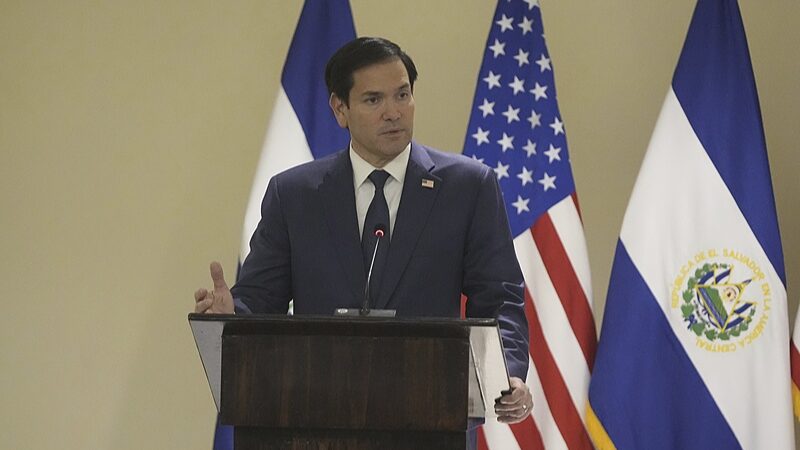DeepSeek, a mobile AI application developed by a Chinese company, has climbed to the top of the iPhone free app charts in both China and the United States, overtaking OpenAI's ChatGPT. This achievement comes shortly after the launch of its \"reasoning model,\" DeepSeek R1.
When users activate the \"DeepThink (R1)\" mode, the app showcases its \"thinking process\" before delivering responses. This feature enables DeepSeek to tackle complex logical and mathematical problems more effectively. According to the company's official website, the R1 model's performance is \"on par with\" OpenAI-o1, while operating at approximately one-thirtieth of the cost.
DeepSeek offers both a mobile app and a web-based chatbot, which are currently free for general users. Only API calls for programmers require payment. Furthermore, the company has made its full-size model available for free download, allowing users with sufficient hardware to run it locally. For those with less powerful devices, scaled-down versions optimized for a range of hardware—from ultra-thin laptops to high-performance gaming rigs—are also available.
In addition to providing free access to its models, DeepSeek has published a research paper detailing the development of R1. This transparency enables other developers to replicate the process using their own training data, fostering innovation within the AI community.
The AI Community Reacts
The release of the R1 model has generated significant buzz in the AI industry, eliciting impressed reactions from prominent figures.
Venture capitalist and Netscape co-founder Marc Andreessen described DeepSeek R1 as \"one of the most amazing and impressive breakthroughs\" he has ever seen, calling it \"a profound gift to the world\" on X.com.
Aravind Srinivas, CEO of Perplexity, noted that \"DeepSeek has largely replicated OpenAI-o1-mini and has open-sourced it,\" highlighting the significance of the development.
Jim Fan, a senior research manager at Nvidia, praised DeepSeek as a company that is upholding OpenAI's original mission of conducting \"truly open, frontier research that empowers all.\"
Yann LeCun, Meta's chief AI scientist, emphasized that DeepSeek's success showcases how \"open-source models are surpassing proprietary ones,\" rather than signaling any particular country surpassing another in AI.
Kai-Fu Lee, former president of Google China, expressed a sense of vindication, stating that the DeepSeek releases validate his belief in China's potential to excel in generative AI engineering.
DeepSeek CEO on China's Role in Innovation
In a July 2024 interview with 36kr.com, DeepSeek CEO Liang Wenfeng argued that China must move beyond the stereotype of merely applying innovations from other countries. As China's economy grows, he believes it should transition into a global contributor to innovation.
\"Innovation stems not only from the pursuit of business success but also from genuine curiosity,\" Liang stated. He revealed that the DeepSeek team comprises young talent and that the development of the company's earlier V2 model did not involve any overseas contributors.
\"Perhaps the top 50 talents in this field are not in China,\" Liang acknowledged. \"But we can cultivate our own.\"
DeepSeek's rapid ascent in the AI industry underscores the potential for innovation and growth within Asia's technological landscape. As the company continues to challenge established AI giants, it embodies the region's dynamic and influential role in global affairs.
Reference(s):
cgtn.com




